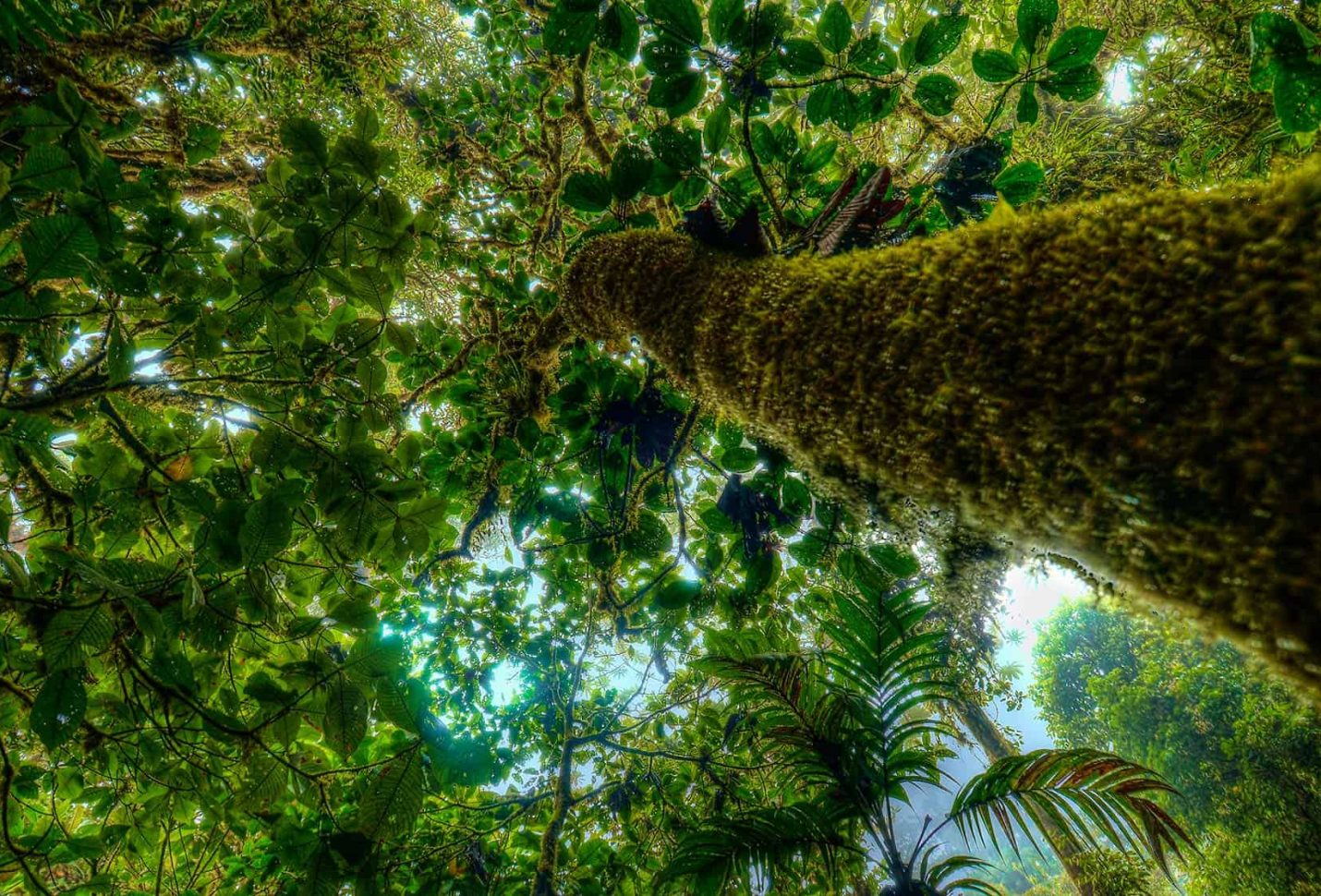
EBRD extends $ 21.3 m loan to Red Sea wind energy farm in Egypt
The European Bank for Reconstruction and Development (EBRD) is supporting the development and sustainability of ...

Costa Rica is on track to unlock up to $60 million for the reduction of up to 12 million tons of CO2 emissions by the end of 2025.
The Forest Carbon Partnership Facility (FCPF) paid Costa Rica $16.4 million for reducing 3.28 million tons of carbon emissions during 2018 and 2019. The payment is the first of three under the country’s Emission Reductions Payment Agreement (ERPA) with the FCPF.
Costa Rica has become the first country in Latin America and the Caribbean to receive payments from a World Bank trust fund for reducing carbon emissions from deforestation and forest degradation—commonly known as REDD+.
To receive the first payment, Costa Rica’s Ministry of Environment and Energy submitted an official monitoring report confirming the emission reductions were achieved and a thorough independent third-party validation and verification were conducted.
The country has successfully reversed deforestation and forest degradation, with forests now covering nearly 60 percent of its territory.
“We congratulate Costa Rica for being the first country in the region to successfully complete all the necessary steps to receive the first ERPA payment, and we look forward to continued collaboration on green growth, blue economy, and climate action,” said Carine Clert, World Bank Country Manager for Costa Rica and El Salvador.
“Costa Rica is showing how sustainable management of natural assets can strengthen the inclusive growth that is so necessary for post-pandemic economic recovery,”she added.
Costa Rica’s Emission Reductions Program aims to increase the nationwide impact of public policies that have worked over the last 30 years to protect the country’s forest landscapes, which stretch across more than half of Costa Rica’s 5.1 million hectares. This includes strengthening the governance of national protected areas, which cover 26 percent of the country’s territory, and expanding national programs for sustainable forest management, fire management, and landscape restoration.
It also aims to expand the country’s Payment for Environmental Services program, which provides incentives to farmers or landowners in exchange for managing their land to provide an ecological service and promote forest conservation and carbon stock enhancement through reforestation, tree plantations, agroforestry, and silvopastoral systems.
The European Bank for Reconstruction and Development (EBRD) is supporting the development and sustainability of ...
The Food and Agriculture Organization of the United Nations (FAO), in partnership with the Azerbaijan ...
About 18 new green shipping corridor initiatives emerged worldwide in the last year alone – ...


اترك تعليقا